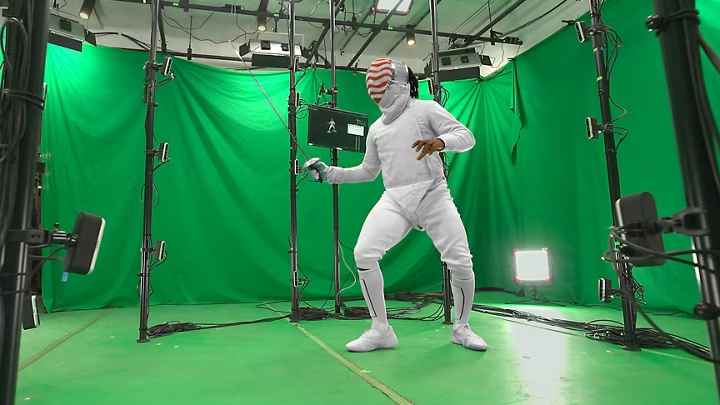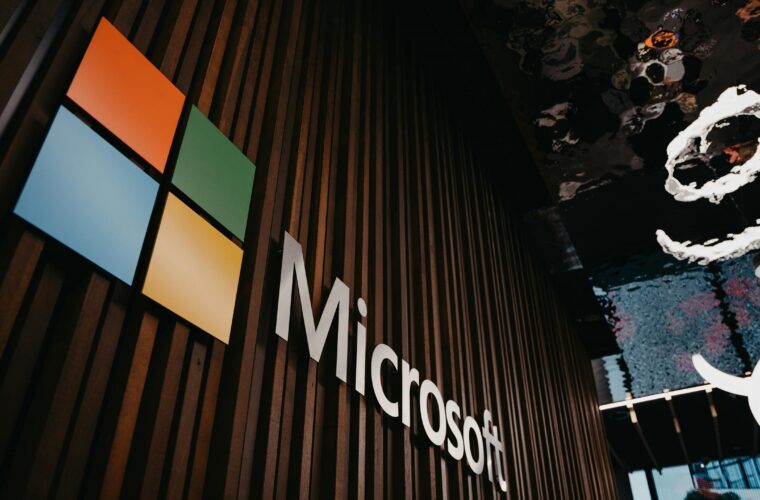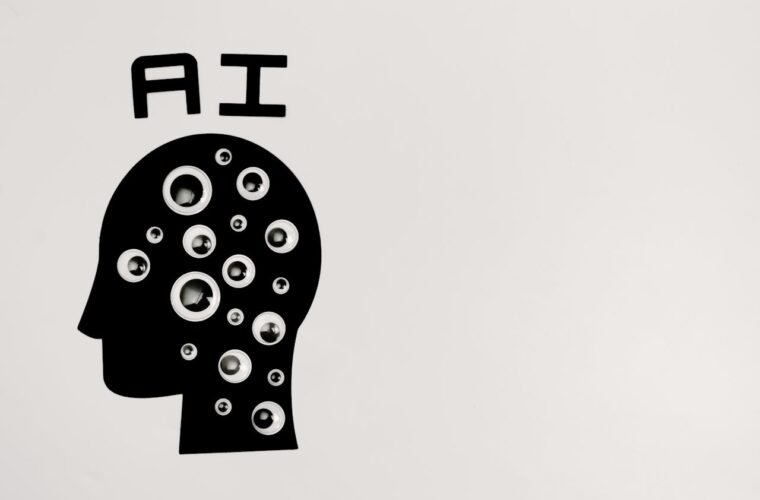The Paris 2024 Paralympic Games are set to be groundbreaking in terms of inclusivity and accessibility, with numerous technological innovations designed to empower athletes with disabilities and enhance the experience for all spectators, especially those with disabilities.
Technological advancements empowering Paralympians
Navigation and orientation
One of the significant challenges for blind athletes during the Games is navigating complex sports venues. A new app has been developed in partnership with Intel to address this. This app uses advanced AI to map indoor locations and provides precise, step-by-step audio cues to guide athletes around the venues. Five-time Paralympic long jumper Lex Gilette tested it during the U.S. training camp. It is expected to be crucial in ensuring visually impaired athletes can move confidently through the Paris 2024 venues. Evelyn Tichenor, a partnership manager from Intel, explained that the app’s initial deployment is focused on athletes at performance centres and training grounds, with plans to expand its use to visitors, staff, and general attendees in future games.
Prosthetics and adaptive equipment
Advancements in prosthetic technology have been transformative for many Paralympians, particularly in sports that demand high levels of physical performance. Iceland-based company Össur has developed carbon-fibre prosthetics that offer spring-like propulsion, significantly enhancing the speed and agility of athletes. These prosthetics can be customized to match an athlete’s unique biomechanics, ensuring both comfort and optimal performance.
Wheelchair design has also seen significant innovations. High-performance wheelchairs, tailored for specific sports such as basketball, rugby, and sprinting, have been developed to maximize efficiency and comfort. These designs are often sport-specific, with features catering to each discipline’s unique demands.
In wheelchair racing, wearable technology has revolutionized training and performance. American Paralympian Brian Seaman, set to compete in his third Paralympics, uses a high-tech elbow sleeve created by Brooklyn-based startup Nextiles. This sleeve is embedded with biometric threads that collect real-time data on cadence and the number of strokes a wheelchair racer makes during a race. This data is then analyzed via a smartphone app, allowing athletes and their coaches to optimize training sessions by identifying and correcting inefficiencies in stroke technique.
Enhanced training tools
The integration of wearable tech has improved performance and reduced the risk of injury. The real-time data collection allows for immediate adjustments during training, ensuring that athletes can push their limits safely. This technology is particularly beneficial in high-impact sports, where even minor improvements in technique can lead to significant gains in performance.



Expanding inclusivity for audiences
Audio descriptions and assistive technology
Inclusivity at the Paris 2024 Paralympics extends beyond the athletes to the audience, with several innovations aimed at making the Games more accessible to people with disabilities. For visually impaired spectators, audio descriptions were first introduced during the Tokyo 2021 Olympics and expanded to 15 sports during the Paris Olympics. This technology will also be utilized during the Paralympics, ensuring that visually impaired fans can fully experience the excitement of the Games. Adrien Izard-Le Calvé and Joana Wexsteen, French audio descriptors, emphasized the importance of describing every detail, from the atmosphere to the movements and colours, to create a vivid experience for those who cannot see the action.
Vision Pads
The Vision Pad, another innovative tool, debuted at the Paris Olympics and will be used during the Paralympics. This tactile tablet features a magnetic ball that visually impaired users can feel, allowing them to follow the ball’s movement in sports like basketball, soccer, and rugby. 45 Vision Pads have been rolled out, but they are expected to be introduced in four Para sports during the Paralympics, expanding the technology’s reach. Although the Vision Pad is currently limited to ball games, it represents a significant step forward in making live sports more accessible to everyone.
Low-Vision Helmets
For those with partial sight, the Low-Vision Helmet offers a new way to experience the Games. Similar to a virtual reality (VR) headset, this helmet allows users to zoom in on specific players and follow live action as if they were on the field. While the resolution of these helmets is currently low, they have already made a significant impact. French user Florian Trichaud, for instance, was able to visually experience a track and field final at the Stade de France, something that would have been impossible without this technology.
Inclusive broadcasting: a global first
Unprecedented coverage
The Paris 2024 Paralympic Games will make history by offering live coverage of every one of the 22 sports featured in the event. This is the first time such extensive coverage will be available, ensuring that audiences worldwide can witness the incredible performances of Paralympians. In the US, all events will be available for streaming on Peacock, while select events will also be broadcast on NBC, CNBC, and USA Network, among others. Closed captioning will be available for every event, further enhancing accessibility for viewers with hearing impairments.
In the UK, Channel 4 is set to provide over 1,300 hours of live coverage, which will also be available through their streaming service and on Channel 4 Sport’s YouTube channel. The BBC will offer highlights and select coverage, ensuring that UK audiences have multiple ways to engage with the Games. The Paralympics website also provides a comprehensive list of broadcasters by country, making it easier for fans worldwide to find where to watch the events.
Why these innovations matter
The technological advancements being showcased at the Paris 2024 Paralympic Games are more than just cutting-edge gadgets; they represent a significant step forward in the global effort to create a more inclusive society. By empowering athletes with disabilities through innovations in navigation, prosthetics, and training tools and by making the Games more accessible to a broader audience, the Paris 2024 Paralympics are setting new standards for inclusivity in sports.
These efforts also highlight the importance of listening to and working closely with the disability community. As Ludivine Munos of the Paris 2024 Olympic and Paralympic Games Organizing Committee stated, the goal was to “carefully listen to the ecosystem of people with disabilities” to ensure that the Games meet their needs. This approach has not only led to the development of new technologies but has also set a precedent for future sporting events.
The Paris 2024 Paralympic Games are more than just a sporting event; they are a celebration of human potential and the power of technology to break down barriers. Whether you are an athlete, a fan, or a member of the global community, these Games offer a glimpse into a future where inclusivity is the norm and everyone has the opportunity to participate in and enjoy the wonders of sports.



